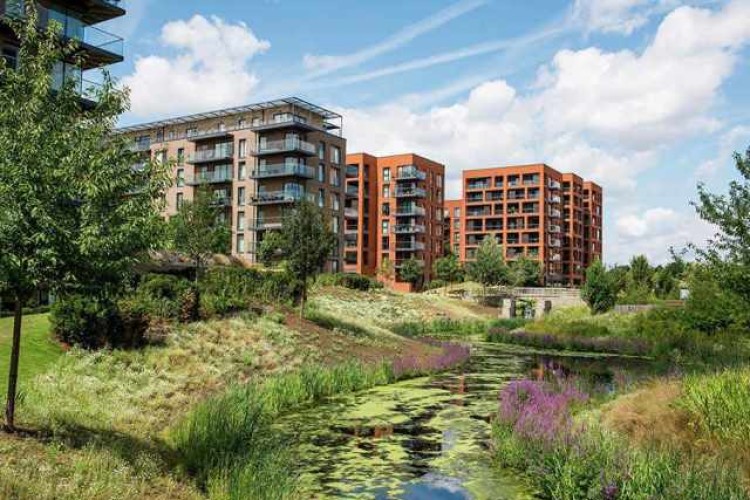If they cannot, the developer will have to pay a tree tax.
Environment secretary Michael Gove has published plans for consultation that would require all developers in England to deliver a ‘biodiversity net gain’ when building new housing or commercial development. Habitats for wildlife must be enhanced and left in a measurably better state than they were pre-development.
The proposed new rules require developers to assess the type of habitat and its condition before submitting plans. Car parks and industrial sites would usually come lower on this scale, while more natural grasslands and woodlands would be given a much higher ranking for their environmental importance.
Developers would then be required to demonstrate how they are improving biodiversity – such as through the creation of green corridors, planting more trees, or forming local nature spaces.
Where green improvements cannot be made, developers would pay a levy for habitat creation or improvement elsewhere – a tree tax.
The consultation is now open at consult.defra.gov.uk/land-use/net-gain and runs until 10th February 2019.
The Department for Environment, Food & Rural Affairs (Defra) acknowledges that some developers have already been following a biodiversity net gain approach voluntarily. However, the proposed standardised, mandatory approach would give them clarity and certainty on how to improve the environment through development, while also considering whether any sites – such as small and brownfield sites – should be exempt from the rules.
The plan is the first step in the government’s ambition to embed the wider principle of ‘environmental net gain’ in development, to drive measurable improvements for all aspects of the environment such as air quality, flood defences and clean water.

Environment secretary Michael Gove said: “Our commitment to protecting and enhancing our natural world can go hand in hand with our ambition to build more high quality homes.
“Mandating biodiversity net gain puts the environment at the heart of planning and development. This will not only create better places for people to live and work, but ensure we leave our environment in a better state for future generations.”
In addition to upholding planning protections for sensitive sites such as ancient woodland and sites of special scientific interest, the consultation builds on the experiences of local authorities and developers who have already adopted net gain approaches.
This includes the Berkley Group, which Defra says has committed to creating a net biodiversity gain within all itsdevelopment sites and is currently working with London Wildlife Trust to build Kidbrooke Village in southeast London – a new 4,800-home development that has 20 hectares of parkland.
Elsewhere, Warwickshire County Council has trialled and implemented a system to ensure all developments lead to no net loss of biodiversity, with each development preparing a biodiversity impact assessment prior to building.
The consultation follows the launch of the revised National Planning Policy Framework in July which outlined stronger protection for the environment, ensuring wildlife thrives at the same time as addressing the need for new homes
Andrew Sells, chairman of Natural England, has advised the government on net gain. He said: “Net gain is an ambitious idea that has the potential to bring significant benefits for our declining wildlife and the environment as a whole. If net gain succeeds for nature then it will also be succeeding for people, because it means that they are living and working with a thriving natural environment all around them.”
Got a story? Email news@theconstructionindex.co.uk



